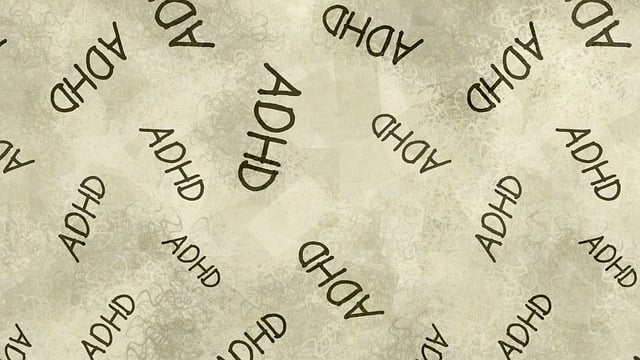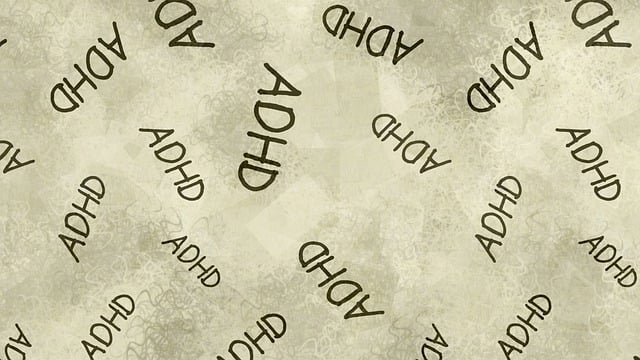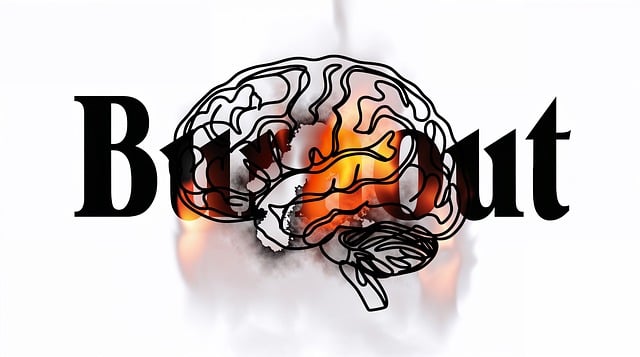In Boulder Couples Communication Issues Therapy, risk management is a strategic, multi-faceted process that prioritizes client and practitioner safety for healing. It involves identifying and mitigating risks from clinical errors to ethical dilemmas through continuous learning, emotional intelligence development, open dialogue, stress reduction methods, mental wellness coaching, crisis intervention, and cultural competency training. Tailoring risk assessment and evidence-based interventions to individual clients' needs, including trauma history and current stressors, ensures effective management. Regular treatment plan reviews, patient outcome assessments, and integration of tools like mindfulness meditation strengthen therapeutic alliances and improve care quality for both couples and professionals in this specialized field.
Mental health professionals face unique challenges, with risk management playing a crucial role in ensuring patient safety. This article guides practitioners through essential strategies, focusing on navigating Boulder Couples Communication Issues Therapy. We explore key aspects of risk management, from identifying potential risks and developing robust assessment frameworks to implementing mitigation tactics. By adopting these practices, therapists can create a secure environment, enhance therapy outcomes, and foster resilient relationships with clients.
- Understanding Risk Management in Mental Health Practices
- Identifying Potential Risks and Challenges in Boulder Couples Communication Issues Therapy
- Developing a Comprehensive Risk Assessment Framework
- Implementing Effective Risk Mitigation Strategies
- Continuous Monitoring and Improvement for Optimal Patient Care
Understanding Risk Management in Mental Health Practices

In the realm of mental health professions, risk management is an indispensable aspect that goes beyond mere compliance. It’s a strategic process tailored to safeguard both clients and practitioners, fostering a secure environment conducive to healing. Effective risk management in Boulder Couples Communication Issues Therapy involves identifying, assessing, and mitigating potential hazards, from clinical errors to ethical dilemmas. By adopting Mind Over Matter principles, mental health professionals can proactively address stress management, ensuring their well-being and enhancing the quality of care they provide.
Mental Health Education Programs Design play a pivotal role in equipping practitioners with the knowledge and skills to navigate complex situations. These programs empower professionals to recognize early warning signs of potential risks, whether it’s burnout, boundary violations, or unforeseen client reactions. Through continuous learning and adaptation, mental health experts can create resilient practices that not only withstand challenges but also thrive in addressing Boulder Couples Communication Issues, thereby fostering deeper connections and more meaningful therapy.
Identifying Potential Risks and Challenges in Boulder Couples Communication Issues Therapy

Identifying potential risks and challenges is a critical step in risk management planning for mental health professionals offering Boulder Couples Communication Issues Therapy. One key area to focus on is the dynamic nature of interpersonal interactions within couples therapy sessions. Misunderstandings, defensive responses, or past traumas can quickly escalate into significant issues, impacting both therapists’ emotional well-being and clients’ therapeutic progress.
Effective risk management requires therapists to enhance their Emotional Intelligence (EQ) and develop robust communication strategies. By promoting open dialogue, active listening, and empathy, therapists can foster a safe environment where couples feel heard and understood. Additionally, integrating Stress Reduction Methods can help both the therapist and clients manage anxiety and emotional intensity, thereby facilitating more productive sessions and ultimately improving therapeutic outcomes in Boulder Couples Communication Issues Therapy.
Developing a Comprehensive Risk Assessment Framework

Mental health professionals play a crucial role in helping individuals navigate complex emotional landscapes and address various mental health concerns. However, their work is not without risks. Developing a comprehensive risk assessment framework is an essential step in ensuring the safety and well-being of both clients and healthcare providers, especially in settings like Boulder Couples Communication Issues Therapy centers. This framework should incorporate a multi-faceted approach that considers individual client factors, therapeutic relationships, and potential environmental stressors.
By integrating Mental Wellness Coaching Programs Development and Crisis Intervention Guidance into their risk management planning, professionals can create a supportive environment that fosters resilience and promotes positive mental health outcomes. Moreover, Healthcare Provider Cultural Competency Training is vital in identifying and mitigating biases or misunderstandings that may arise during therapy sessions, ensuring effective communication and respectful care for all clients, regardless of their cultural backgrounds.
Implementing Effective Risk Mitigation Strategies

Mental health professionals face unique challenges when it comes to risk management, especially in today’s complex and fast-paced world. Implementing effective risk mitigation strategies is crucial for maintaining a safe and therapeutic environment. One key approach involves tailoring risk assessment and intervention plans for each client, considering individual factors like past traumas, current stressors, and personal goals. By doing so, therapists can proactively address potential risks associated with Boulder Couples Communication Issues Therapy or other specialized practices.
Moreover, integrating evidence-based techniques such as Social Skills Training, Mood Management, and Confidence Boosting can significantly enhance risk mitigation efforts. These strategies empower clients with the tools to navigate challenges, regulate emotions, and build resilience. Regularly reviewing and updating risk management plans is essential, as it allows professionals to adapt to evolving client needs and stay ahead of emerging risks, ensuring a dynamic and effective therapeutic process.
Continuous Monitoring and Improvement for Optimal Patient Care

Mental health professionals recognize that continuous monitoring and improvement are essential for delivering optimal patient care. Regularly assessing treatment plans and patient outcomes allows therapists to adapt their strategies, ensuring the most effective interventions. In Boulder, where couples often seek therapy for communication issues, this iterative process is vital. By staying abreast of emerging research and best practices—such as Crisis Intervention Guidance and Mindfulness Meditation techniques—therapists can incorporate innovative tools while refining traditional methods.
Moreover, integrating Stress Management strategies into treatment plans enables professionals to holistically address their clients’ needs. This proactive approach not only enhances the quality of care but also fosters stronger therapeutic alliances. Continuous improvement in these areas ultimately contributes to better patient outcomes and more fulfilling careers for mental health professionals, whether they specialize in couples communication or other aspects of psychological wellness.
Mental health professionals in Boulder, especially those specializing in complex areas like Boulder Couples Communication Issues Therapy, must prioritize risk management to ensure patient safety and quality care. By identifying potential risks, developing robust assessment frameworks, and implementing tailored mitigation strategies, therapists can create a secure environment for healing. Continuous monitoring and adaptation are key to improving practices and maintaining optimal patient outcomes. Effective risk management not only protects patients but also enhances the professional reputation of mental health services in Boulder.














